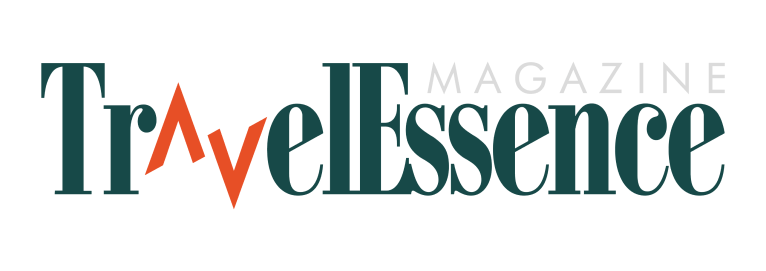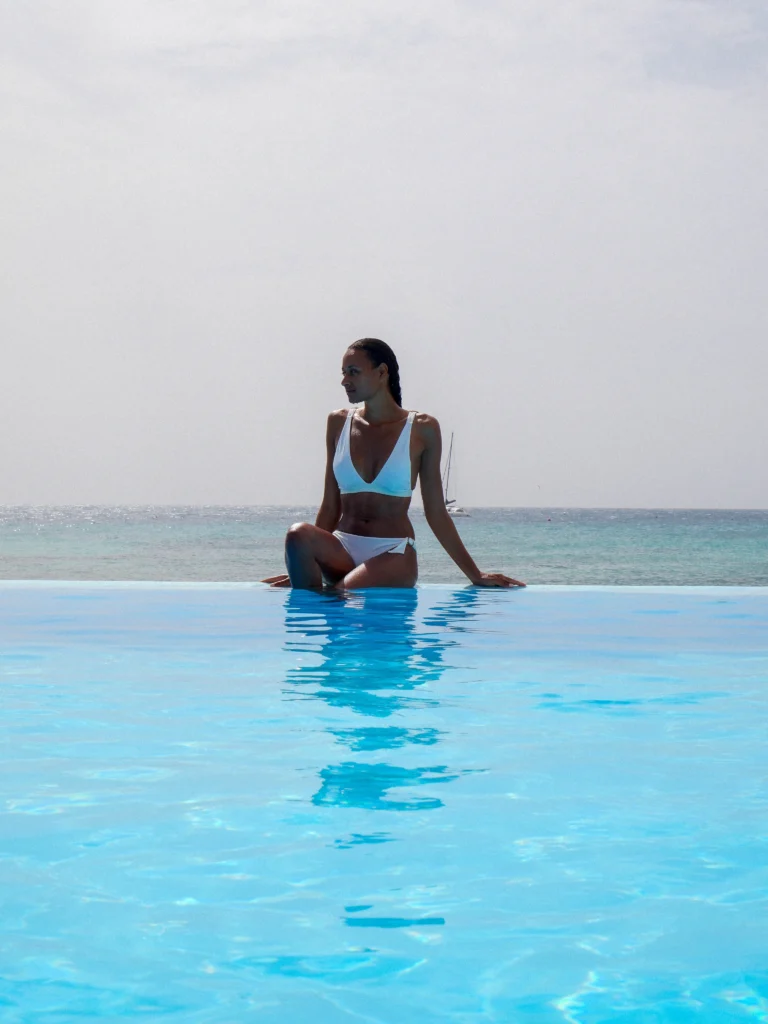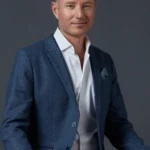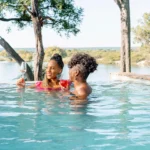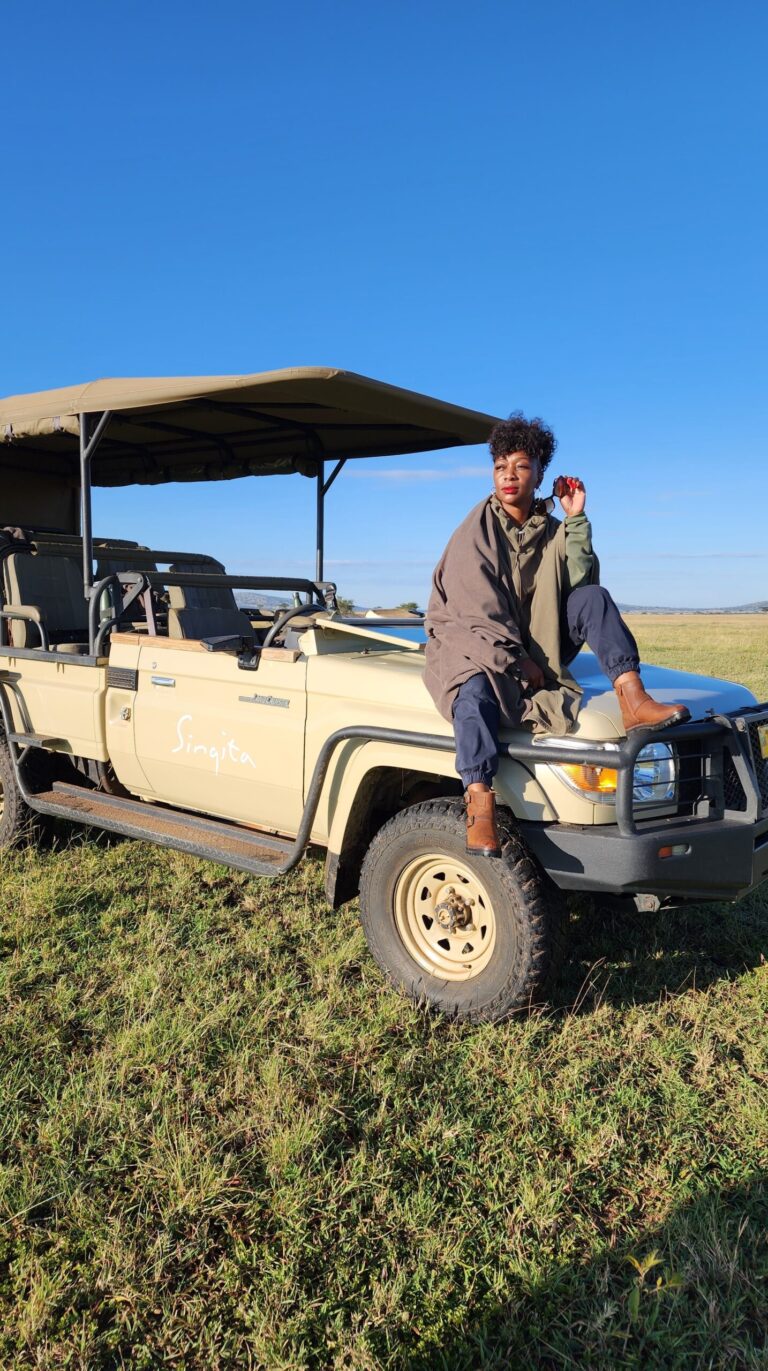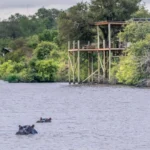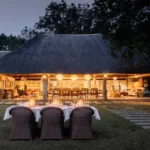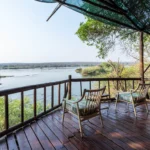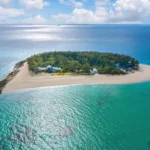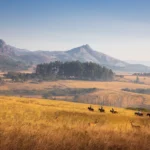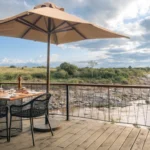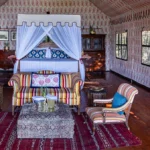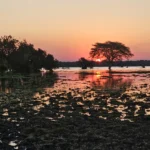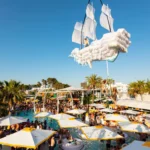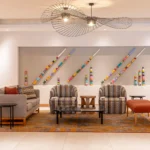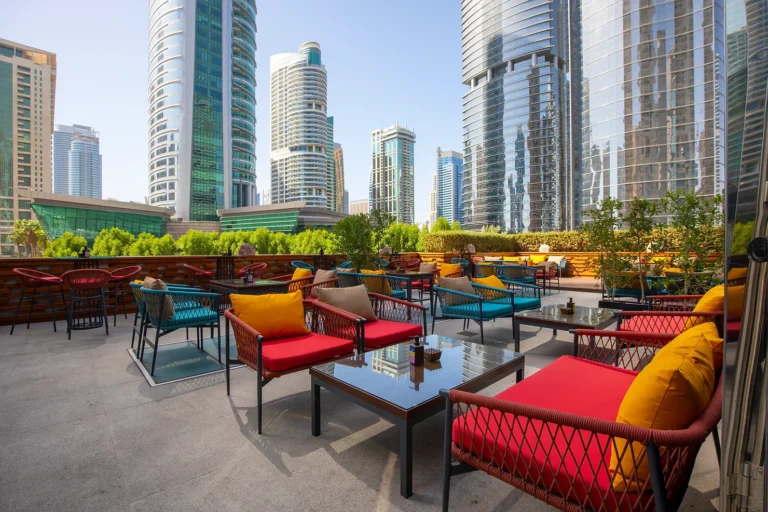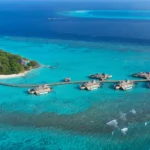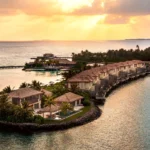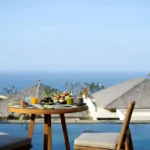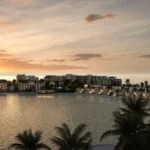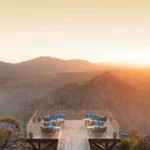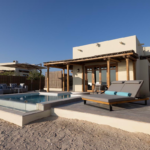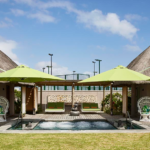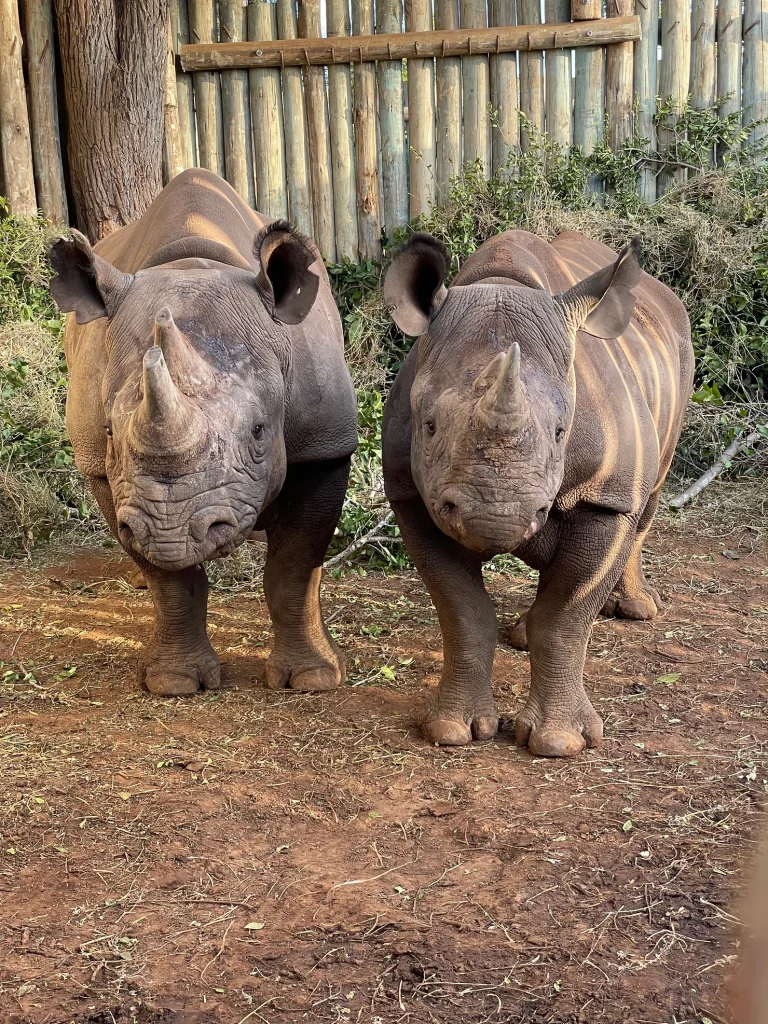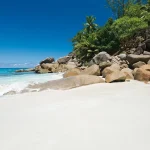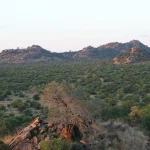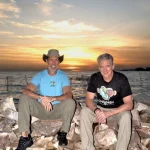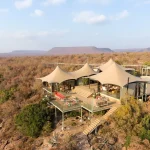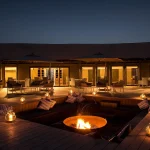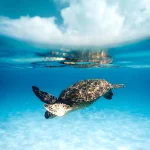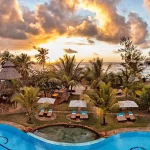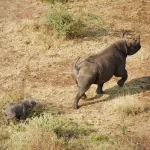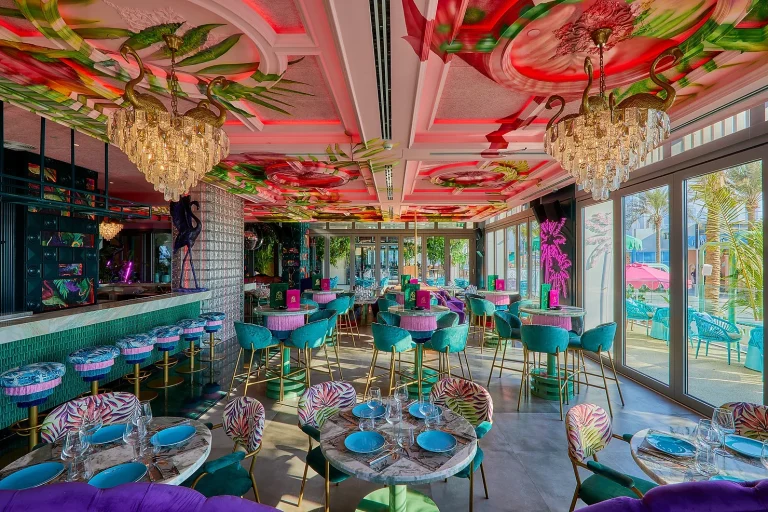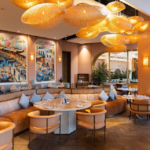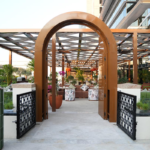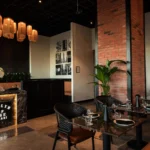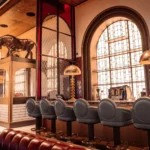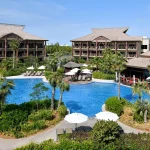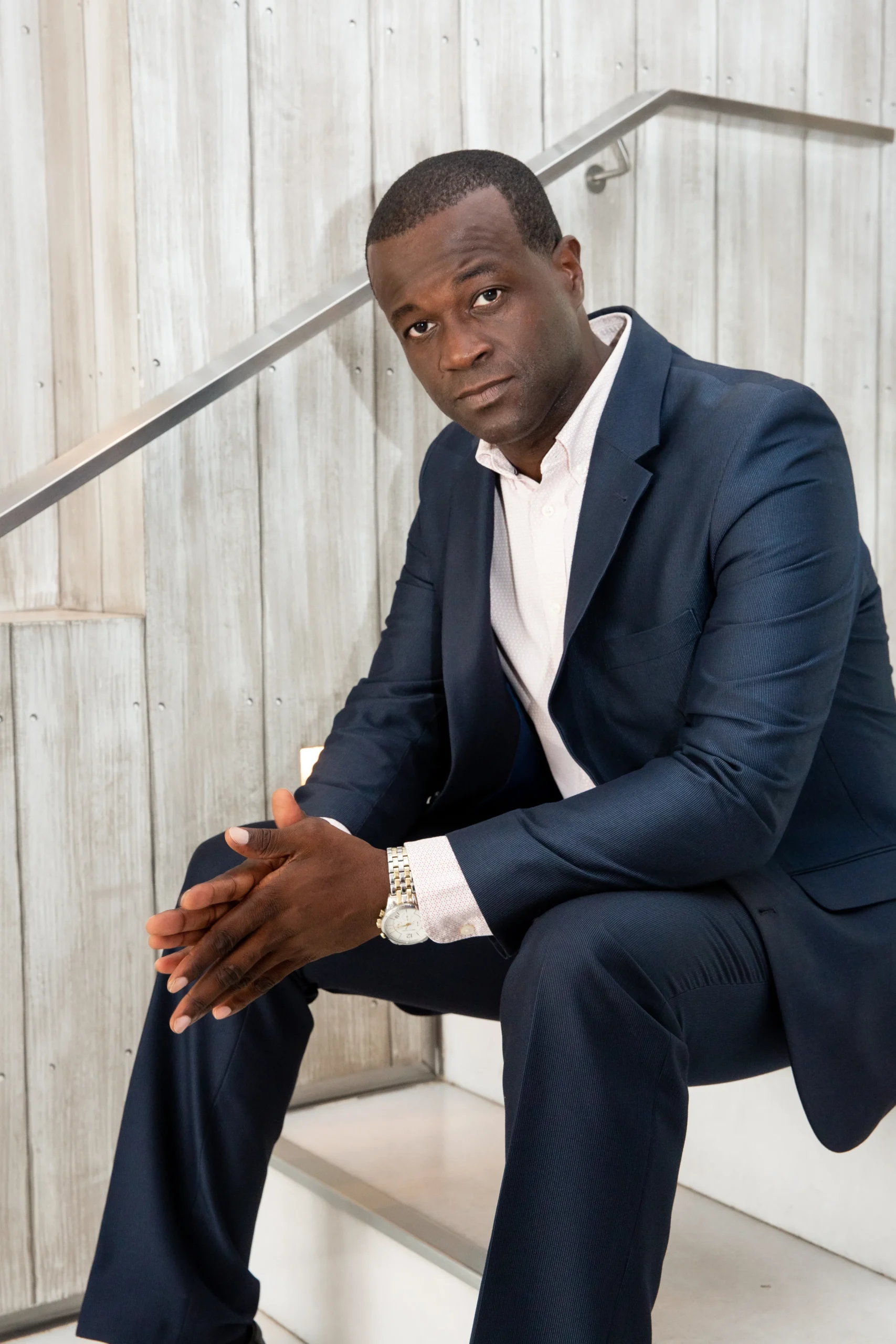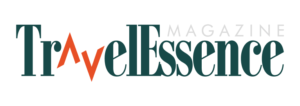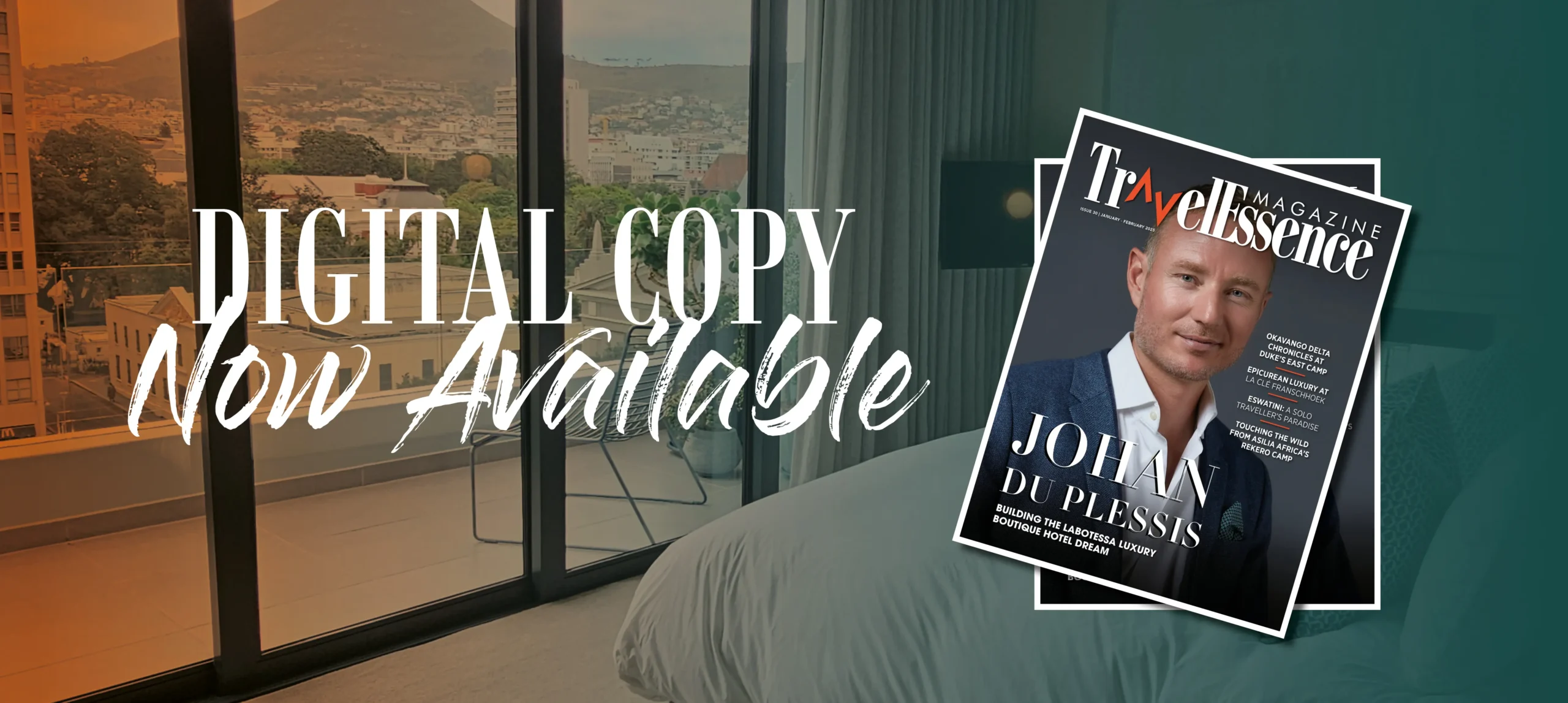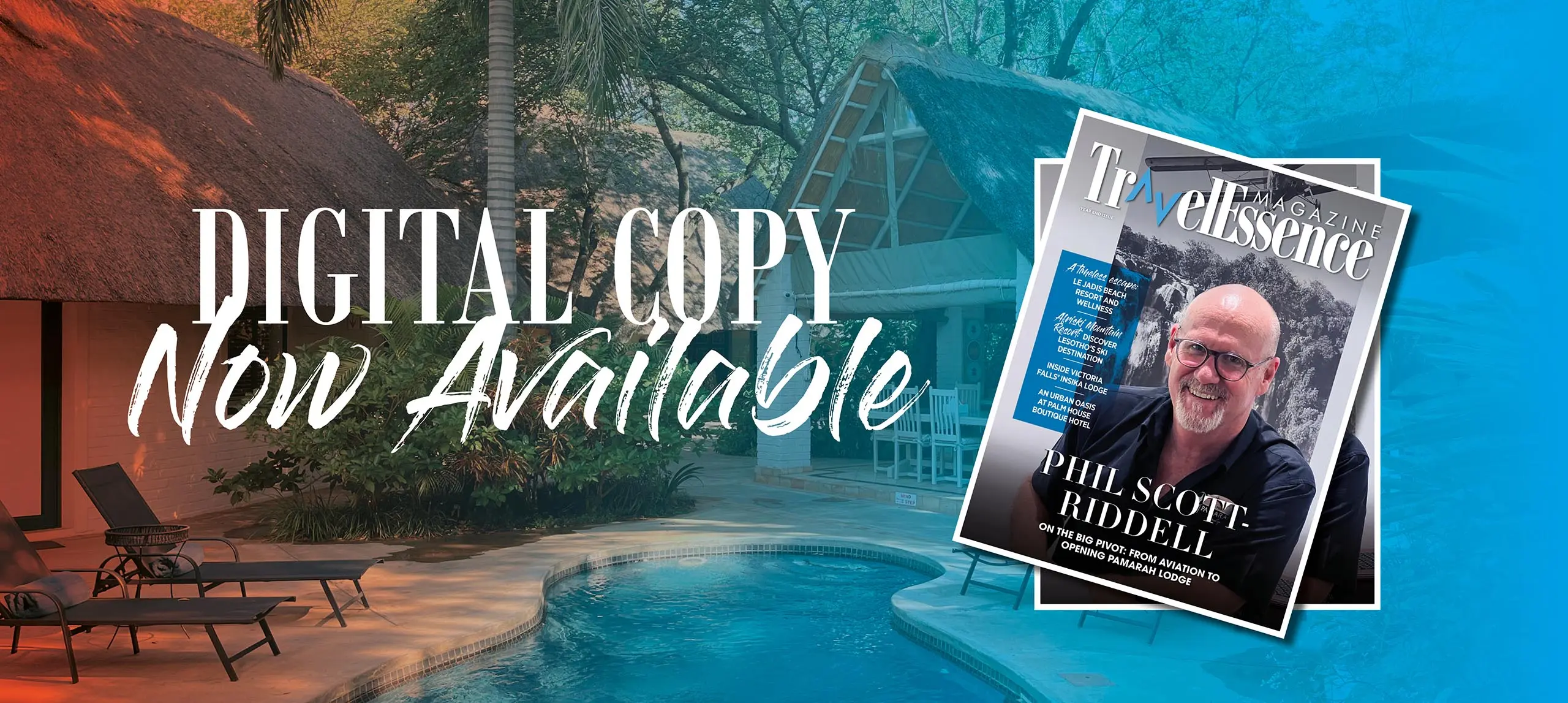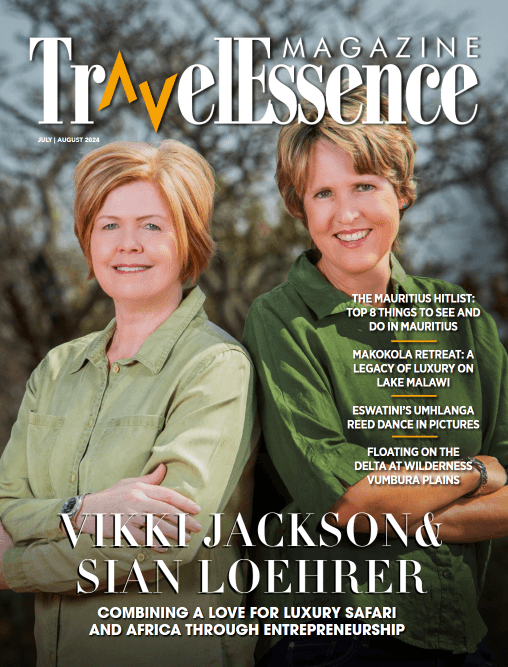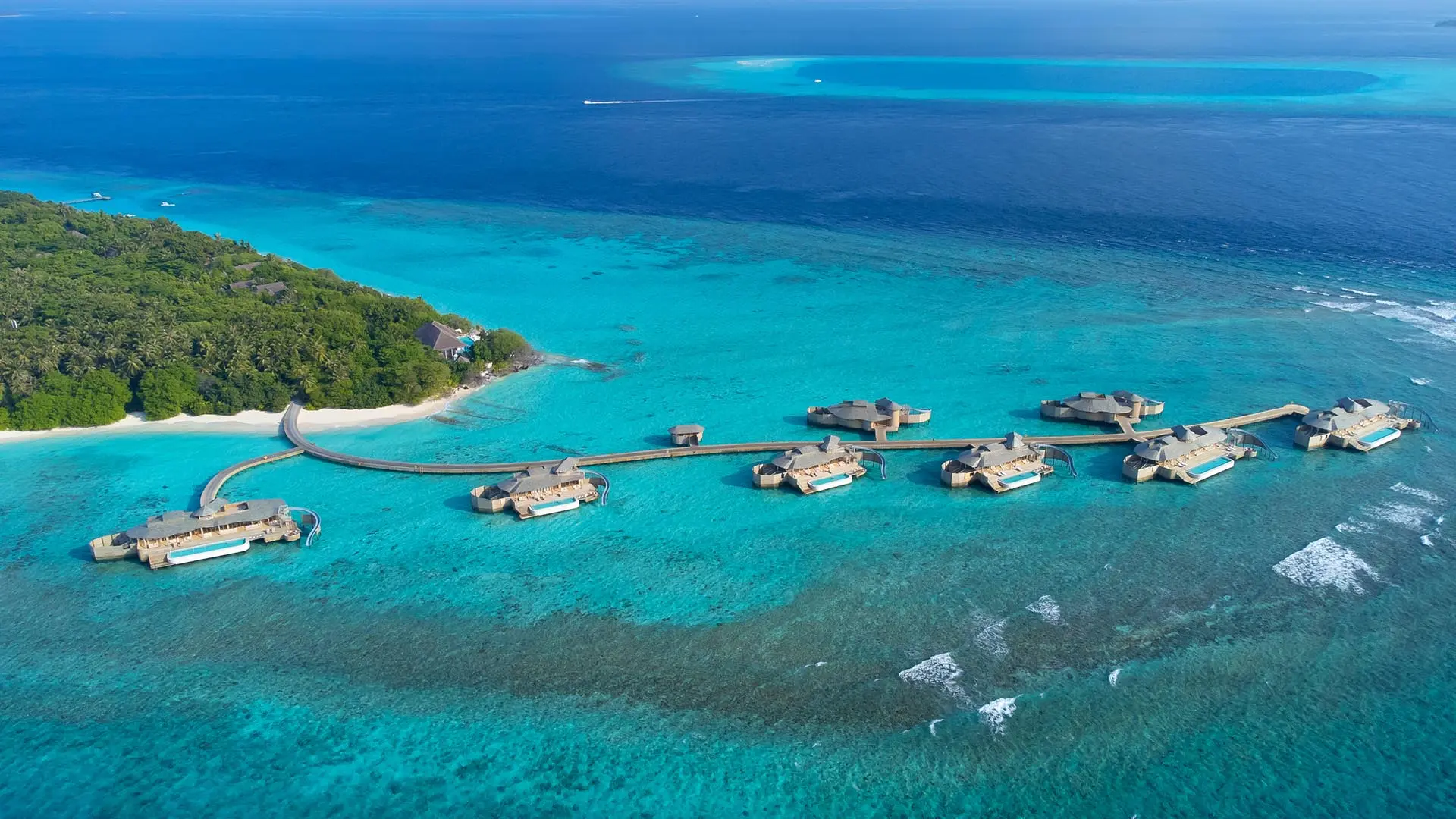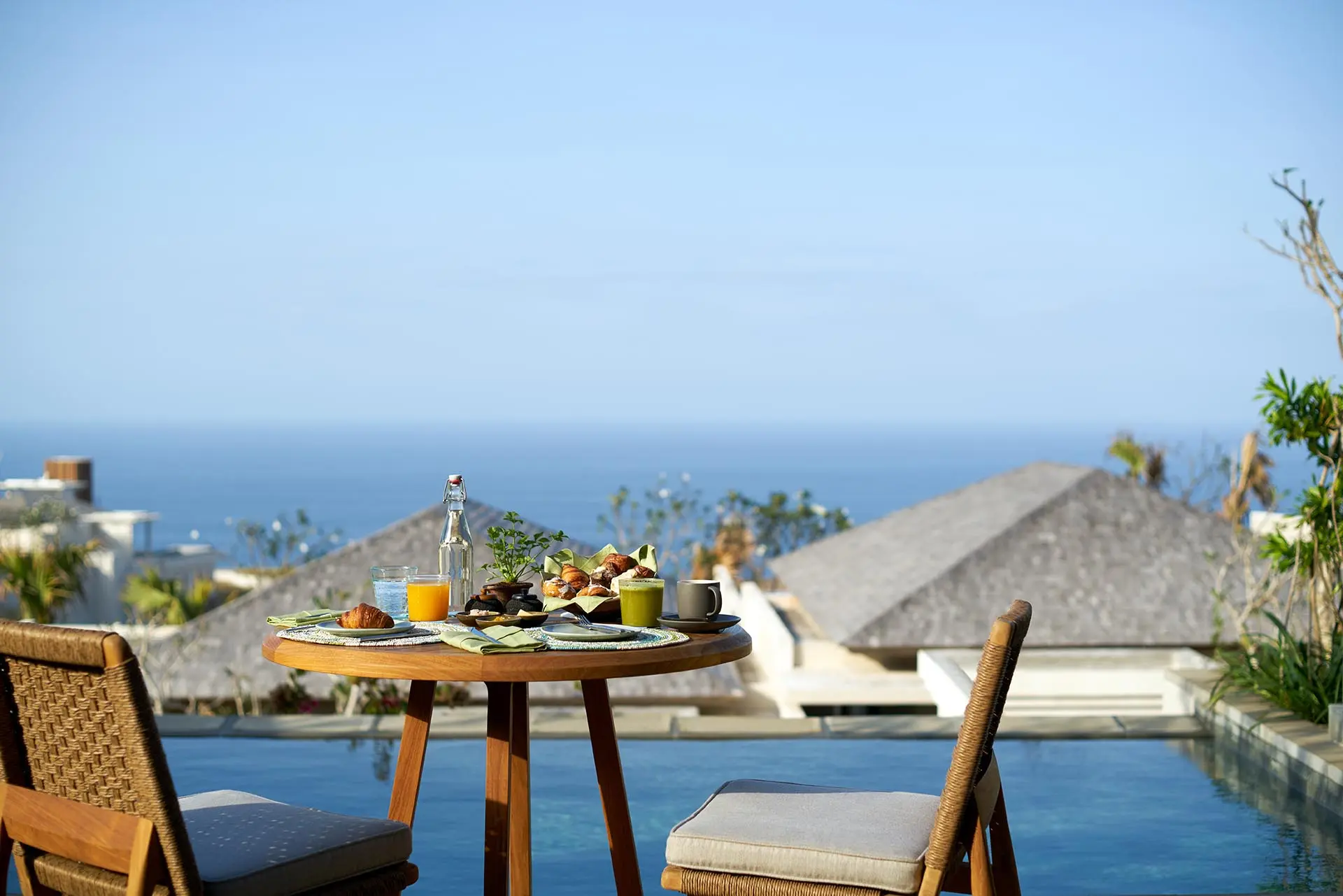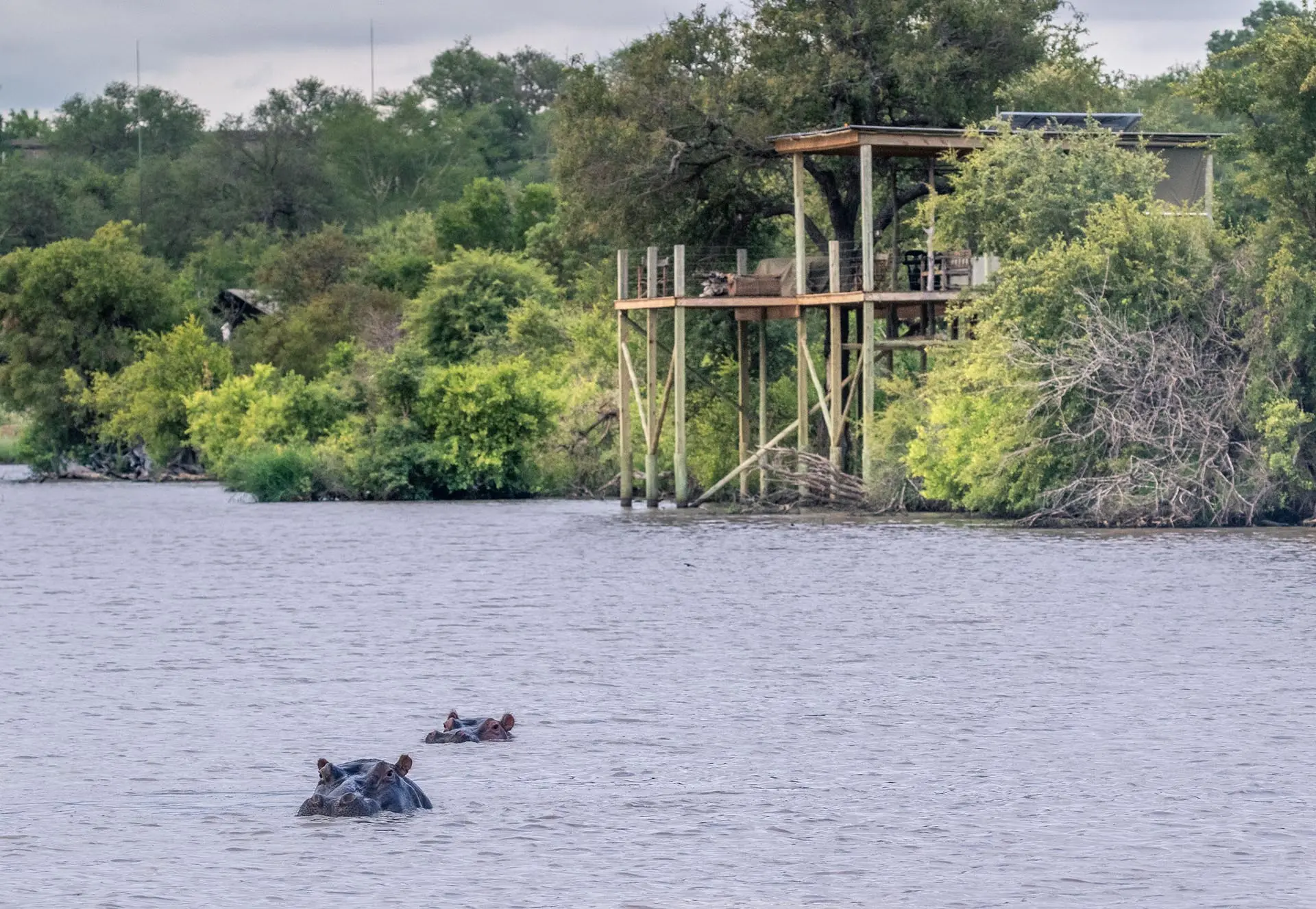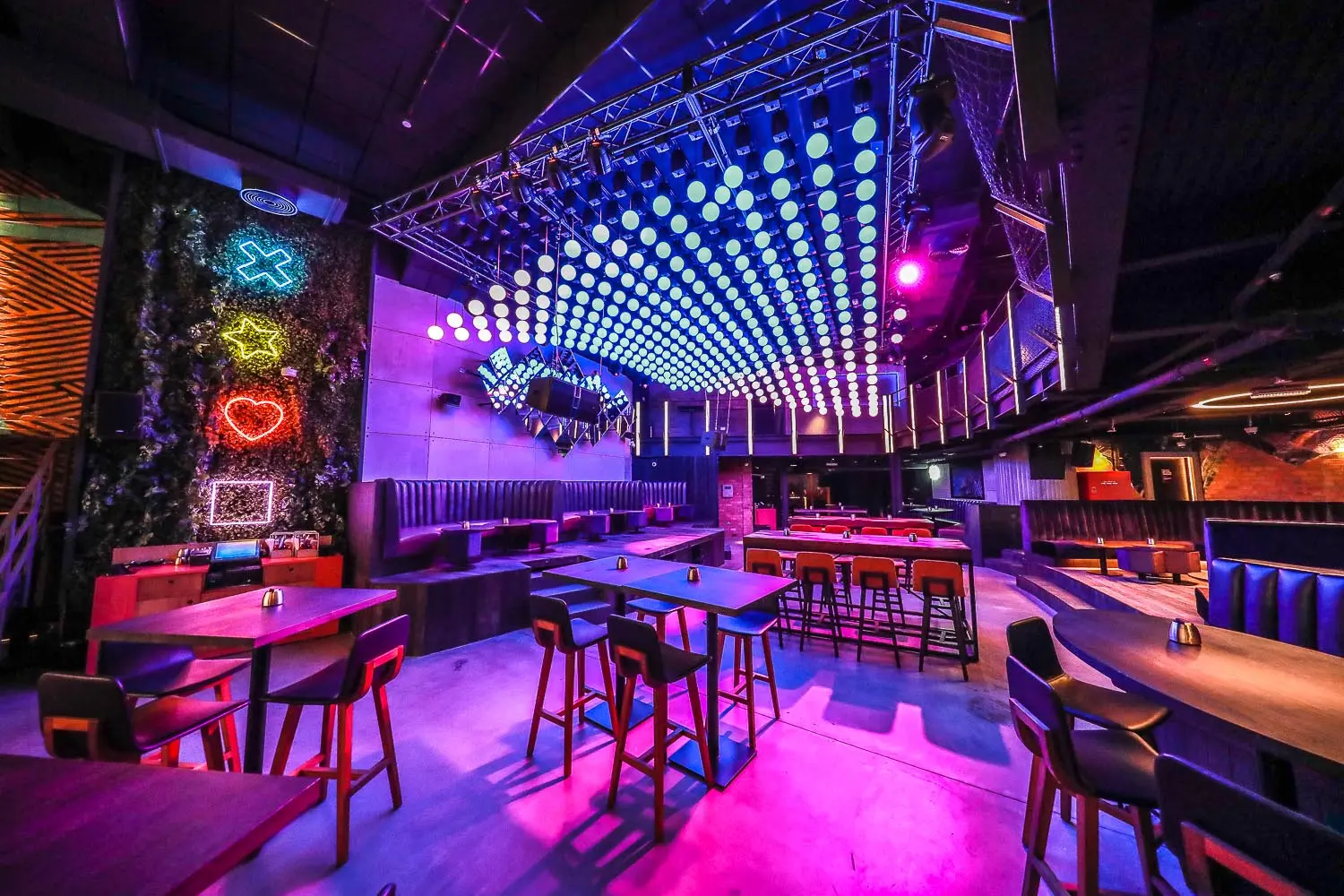1. Mike Tavares. Take us through your early days, growing up in Guinea Bissau, your family background, education and so on? What was it like and how do you believe it shaped the man you are today?
I have always considered myself a positive and proactive person, and the image that people have of me, they say, is of a kind, generous and supportive person, always smiling and putting other’s interests in front of his own. But that smile wasn’t always there. I was once a little boy that found himself in a new European country, starting a boarding school adventure at just 6 years old, far from his beloved family. I cannot forget the issues that I had to face in a boarding school in Portugal, where we happened to be the only black boys speaking a different language. I have learned to rely on myself and be determined and tenacious, to not only find and follow my path but to build it from scratch.
Unfortunately, I left the country at the tender age of six years old, so I don’t have many memories of my childhood in Guinea-Bissau. Just like most Africans at the time, my family comes from humble beginnings. However, by the time I was three, my father started his own business. It paid off so in 1986, at just six years old, I was sent to a boarding school in Portugal.
Back in the 90s, I went for holidays to Guinea-Bissau. My father took me to the house where we lived until I was three years old. We had a room in the shared house. My father turned to me and said, “We had no furniture so me and your mum used to sleep on the floor while you, your brother and sister were sleeping on a mattress laying on the floor”. This was the moment I realized how far we had come and how fortunate I was.
I will never forget the sacrifices – emotional and financial – that my parents had to make to invest in my future. Thanks to their sacrifice, me and my brother were the first generation of the family with a university degree.
Today, I believe that life gave me, back then, the opportunity to strengthen my personality, although it wasn’t in the smoothest way possible.
2. How did your parents’ decision to send you to boarding school in Portugal shape your understanding of diverse cultures, and subsequent desire to contribute in some way to advancing a positive narrative of Africa through your work?
It was extremely tough to be far from my parents. But it gave me the opportunity to interact with different cultures and even learn a bit more about myself. It made me reflect on what I see as normal or abnormal and challenge myself to see the world from new perspectives.
During the years I invested working in the industry, learning new skills and progressing in my career, I noticed the gaps and the misrepresentations that exist about Africa. Most crucially, I witnessed the lack of opportunities that my continent suffers from. This condemns it to start from a competitive disadvantage in terms of the international markets, and it often remains there,unseen and unappreciated. In fact, the most important achievement for me is to see my businesses representing that chance to leave behind the negative images and bias usually associated with our beautiful lands and people.
Unfortunately, we cannot dissolve those images completely, but we can overcome them and move forward, focusing only on what can uplift the continent and all the different beauty that it contains. This can only grant us further recognition and inner gratification and will allow new markets to reach our countries in a different way.
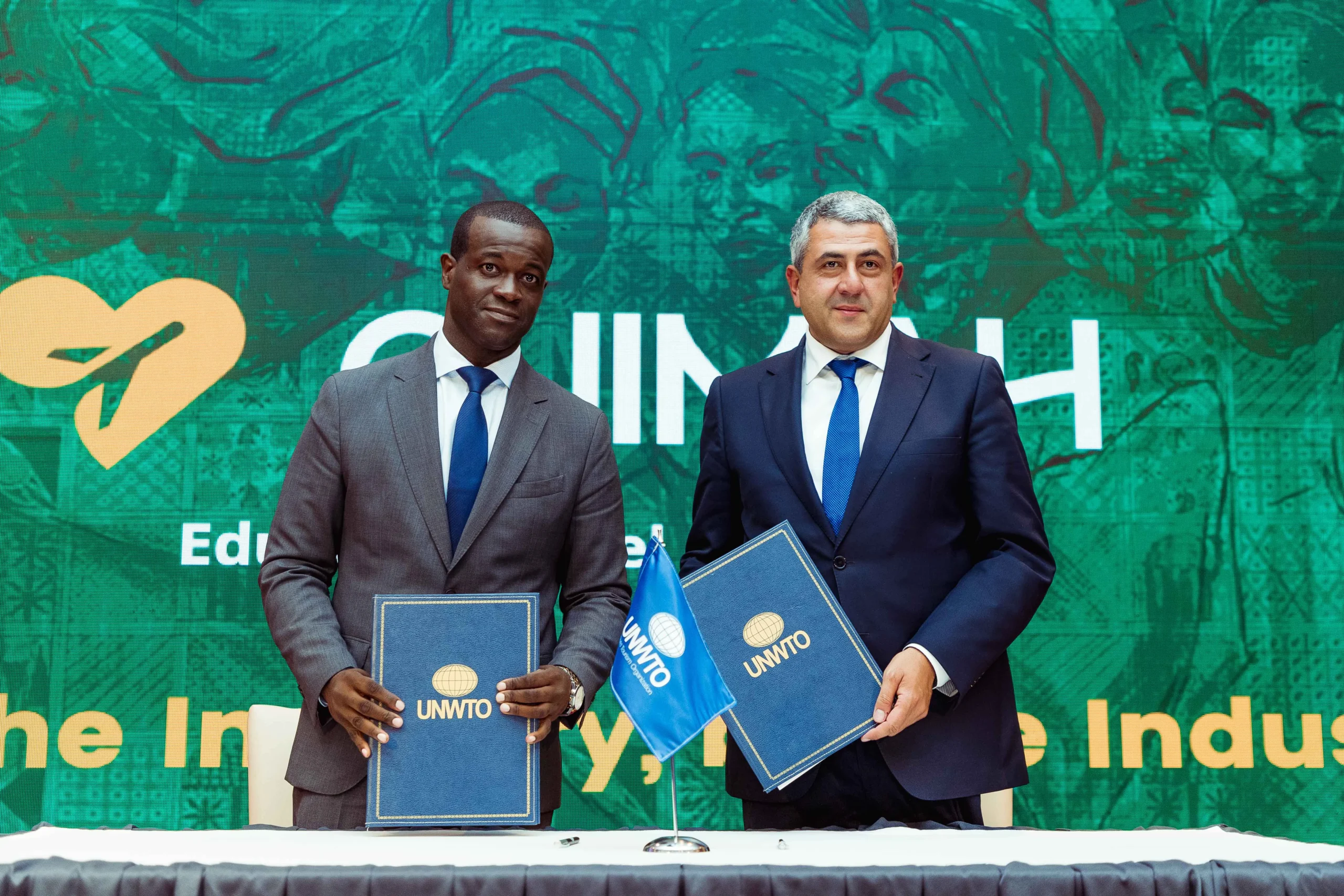
3. Share with us how you entered the realm of hospitality management and what lessons you drew from your working between the European and African markets during your days as an Executive in multinational hospitality.
After graduating, I started my career in hospitality. I have worked for a travel agency, for the Portuguese tourism board and several branded hotels. I have made my way up to management and then moved to management consulting.
Holding a variety of positions within the industry was my way of observing and learning what the tourism industry is, does and achieves. My overall goal was to better understand the needs of the sector and acquire a broader view on its operations and way of functioning.
My natural skills and predisposition for problem solving were already quite strong and observing my brother working at Deloitte in Lisbon, in consulting, confirmed somehow that my future would look like that: professionally dealing with other companies’ problems and finding solutions for them.
While working as a Corporate Director of Hotel Operations at the HCI in Madrid, I was responsible for the operations of 18 hotels (Europe and Africa). This resulted in several trips to countries like Nigeria, where I realized there was a gap to fill in the African consulting market. After all, African businesses were paying prime fees to European consulting companies. Companies that had the industry expertise but did not have the local market knowledge
To remedy this situation I established Africa United Consulting in 2018, a management consulting company specialising in tourism and hospitality in emerging markets.
4. Then came Ojimah. Can you talk to us about what inspired its formation, what Ojimah is and what challenges the platform seeks to address?
As a consultant, I am paid to resolve problems or enhance services. As we begin the rebirth of the tourism age, I saw an unprecedented opportunity to start things afresh and choose a more sustainable path forward. The pandemic provided me with the time and space to develop my own answer to many problems that the tourism industry constantly faces.
Most (if not all) travel platforms are tech companies with general travel industry knowledge. Ojimah is first and foremost a customer-centric product of the tourism industry. A platform built by our industry for our industry aiming to address key issues challenging the tourism development stakeholders: from destinations to travellers, from local suppliers to communities.
In essence, Ojimah is an online travel platform that allows users to research and book travel products in a simple, easily accessible, and sustainable way, while placing tourism spend into the hands of local businesses. Through our global platform, users save time, energy, and money; small & medium-sized businesses make money; and local economies thrive through sustainable and responsible tourism.
At the other end, through Ojimah’s dashboard each African National Tourism Board can login and monitor tourism behaviours, the international traffic to their destination and more efficiently and effectively support the marketing efforts of their own countries’ sectors.
One of my goals is to place power and control back in the hands of Destinations instead of leaving it into the hands of mainstream online travel agencies that are not familiar with our people and countries.
5. Describe in one sentence who Ojimah is built for?
Ojimah was built by the tourism industry, for the tourism industry to create a more sustainable alternative for the future.
6. Today you are well recognised as a thought leader and commentator in the realms of Travel, Tourism and tech within the landscape. Share with us three of your most pivotal moments when you realised you were onto something innovatively special with Ojimah.
Today I am on a path of which I am very proud because I know I am building what has always been my dream, even before I could clearly picture it in my mind. It feels like my whole adult life existed just to reach this moment and embark on this project. The three of my most pivotal moment are:
- A message received on LinkedIn: “Three times a months I travel on business, and this is by far the most complete solution I ever seen. However, I am very skeptical in using my card as I have never heard about Ojimah! To be honest, it’s too good to be truth, is this a scam? What’s the catch?”
- The moment I received a phone call asking for an appointment at the Headquarters of the UN Tourism to present Ojimah to the Secretary General and his team.
- When I presented Ojimah to a room full of Ministers of Tourism of Africa in Arusha, Tanzania.
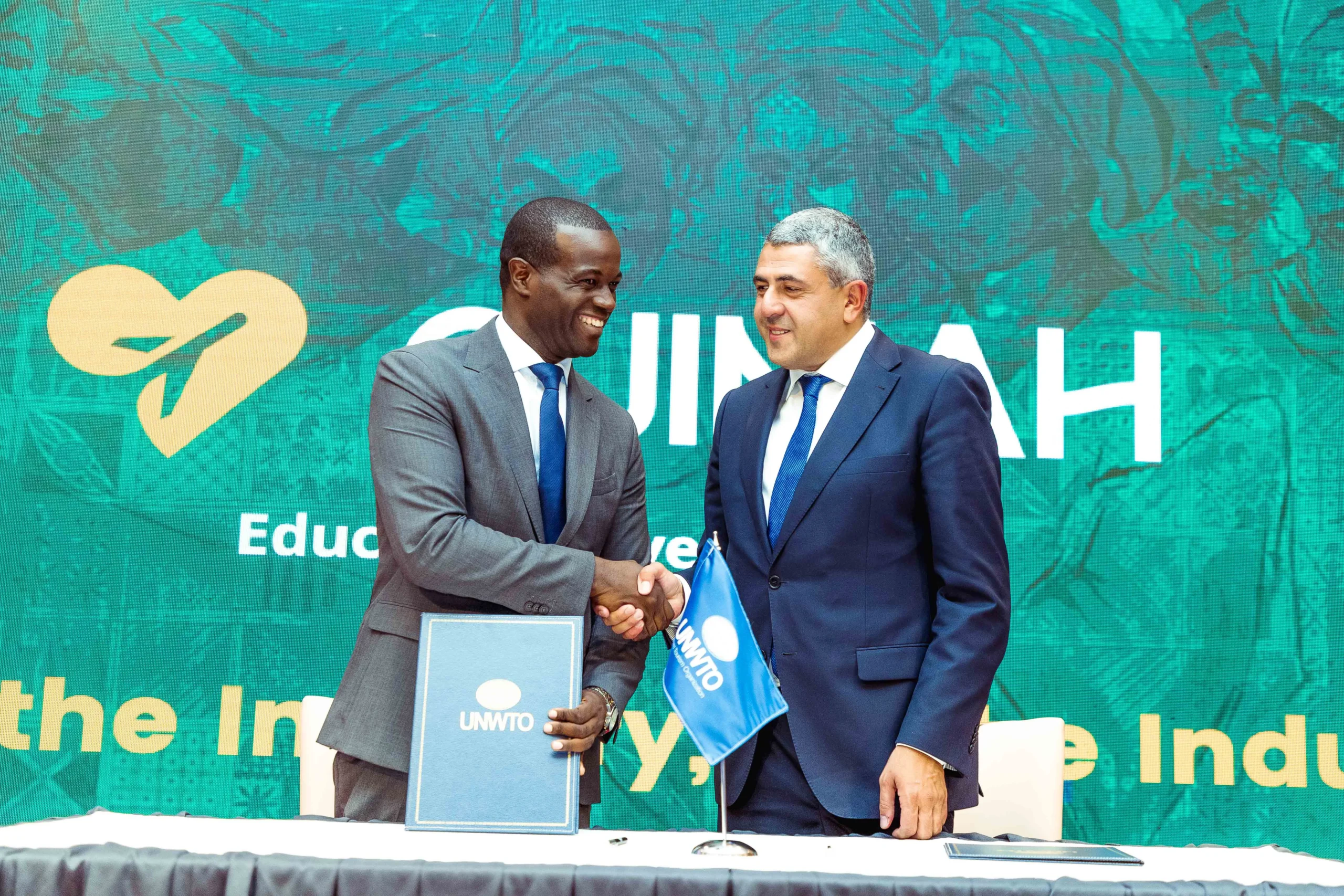
7. Let’s crossover to your take on travel trends in Africa for the curious traveller. Where do you think the future of travel in Africa lies? In your opinion, what should hospitality players, tour operators and travel entrepreneurs keep in the front of mind as they create products for globally conscious travellers?
To me the future of travel in Africa lies on its young and rising middle class, its diaspora, and then on international travellers. These new travellers think and act differently. They are looking for authentic travel experiences that allow them to connect with local people, cultures, and traditions. Hospitality players, tour operators and Destinations need to facilitate these experiences in sustainable and respectful ways, and at the same time they must invest in technology. They are adventurous mindset gives to industry stakeholders an opportunity to leverage technology to create a truly individualized, and relevant customer experiences catered to their needs.
In addition, industry stakeholders must adjust their strategies to this segment as their behaviors is way different than the previous generations. For example, they like to explore destinations in a spontaneous way with a particular interest in hidden gems. They are inspired by posts, in particular friends and family posts on social media. They completely rely on their devices, phones to capture the moment and inspire friends and family to travel as well.
8. What do you think hospitality and tourism stakeholders on the continent of Africa should be doing more of to help foster a more positive, insights-driven narrative on Africa?
They should have a better understanding of Public Relations and take it more seriously. Unfortunately, Africa is looked with the wrong glasses on, feeding stereotypes and myths. It will take years or even decades to change people’s perception on the continent. As a consequence, success stories, development projects and growth in African nations are not given as much cover.
Leading by the public sector, tourism & hospitality stakeholders should invest more in Public Relations. Allow me to give an example. I have been in Los Angeles a couple times. Every time I visit the city, I am shocked with the number of homeless people. A scenario that I am yet to see in Africa or Europe. However, unless you visit LA, you will never hear about it. When we think about LA what comes to our mind? Movies, glamour, celebrities etc. That’s what good PR does. Alongside with a solid digital strategy we need an aggressive PR campaign walking hand in hand.
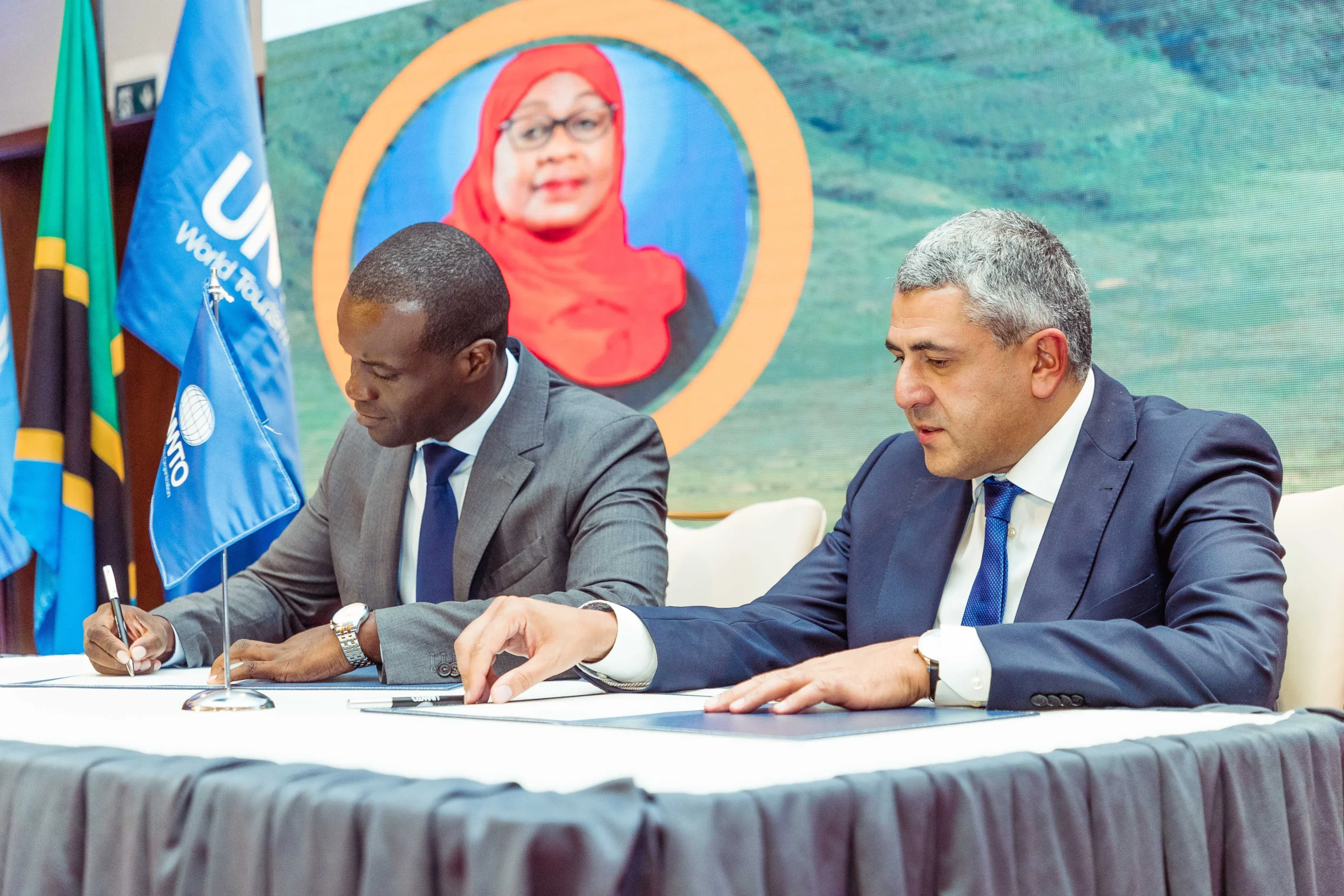
9. What technological trends do you believe should be adopted to make the Africa travel scene more competitive as compared with other markets beyond the continent’s shores?
Technology has opened up many opportunities for African tourism, particularly in the areas of e-commerce and social media. However to reach its full potential, some groundworks still need to be completed.
To fully leverage technology, African tourism stakeholders should focus on three key aspects:
- Invest in infrastructure: the public and private should invest in infrastructure, particularly in terms of connectivity and electricity, to ensure that technology can be effectively used to promote tourism.
- Provide training and support: businesses and people working in tourism should receive training and support to help them effectively use technology for marketing, customer service, and other purposes.
- Develop a solid digital strategy: tourism businesses and destinations should develop digital strategies that consider the needs and preferences of their target customers.
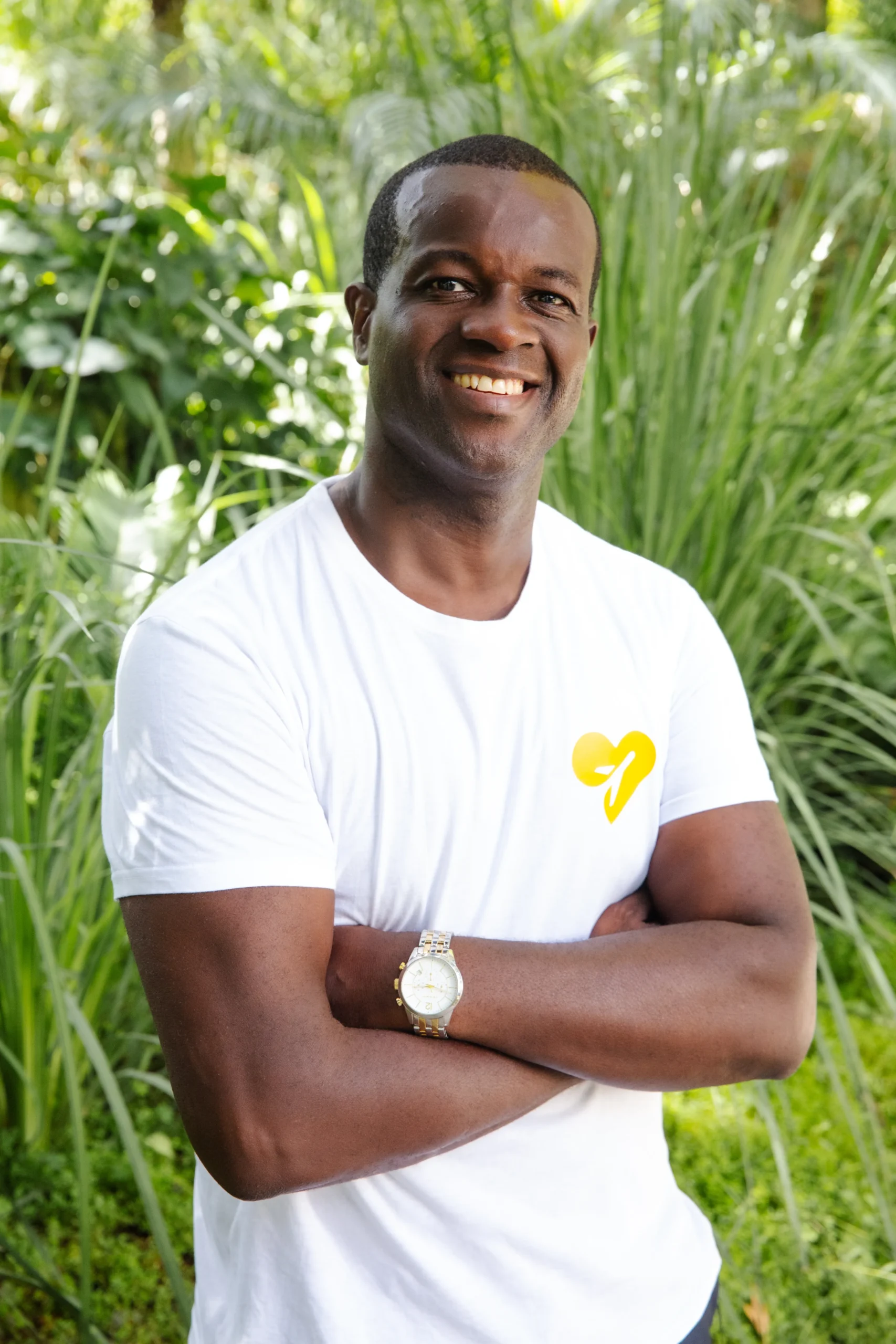
10. Speaking to your younger self, what advice would you give yourself as an aspiring consultant and tech entrepreneur?
Starting a business and building a product are not for the faint of heart. It begins with an idea, followed by hours of research and reaching out to people that can help. Having a solid concept, well-researched information and a strong network will set your future business up for success.
Take your time and challenge your assumptions to be sure that is a rock-solid idea before fully committing to it. While your business idea may have been perfectly sound at the time of conceptualization, by the time you get started, a lot of variables will have changed, so be ready!
11. Your top 5 destinations in Africa and why?
It is challenging for me to pick my top five. The continent is so diverse! Each place offers its own special gems waiting to be discovered by travellers like me seeking unique and authentic experiences, rich cultural heritage, and untouched natural beauty.
12. Parting words for our readers about yourself and Ojimah?
Part of my story – which I have shared with you today – is to be a link in the chain in the process of rebranding Africa, a self-empowering process that I want to start from within by offering a solid platform where Africans can proudly share our true stories with the world.
With hope for a different future, through tourism. This is why Ojimah exists today, to create an alternative for the future. Be part of our journey!
